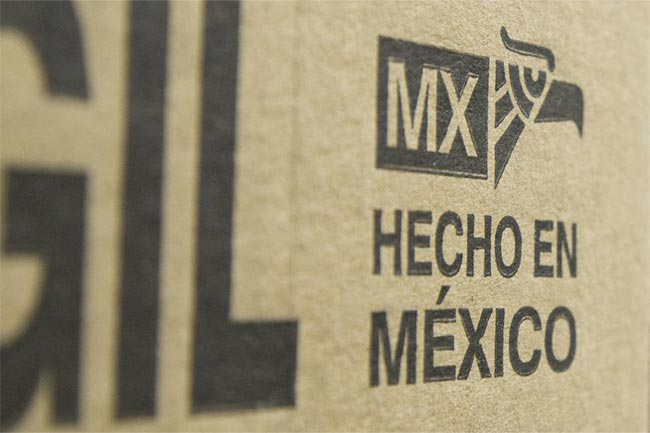
1 in MexicoThe CustomsAdjusting Decisions
The Mexican President recently signed a decision to raise the most favourable tariffs on a number of imports, including steel, aluminum, bamboo, rubber, chemicals, oil, soap, paper, cardboard, ceramic products, glass, electrical equipment, instruments and furniture, starting on August 16, 2023. This tariff adjustment involves 392 tariffs, most of which have been adjusted to 25% and only a few textiles have a 15% tariff.
Impact on Non-Free Trade Agreement Partners
The implementation of the tariff adjustment will have a significant impact on Mexico’s trade partners in its non-free trade agreements, including Brazil, China, Taiwan, South Korea and India.
Motivation and consideration behind
The Mexican Ministry of Economy said in the announcement that the policy adjustment is aimed at promoting the stable development of Mexico’s industry andining the balance of the global market. For some products undergoing anti-dumping investigation or already imposing anti-dumping duties, the tariff adjustment means they will face greater tax pressure, while the tariff adjustment also reflects Mexico’s strategy and considerations in the global supply chain.
The impact and response of Chinese companies
For Chinese companies, this sudden tariff adjustment will have a considerable impact. Especially for those companies that have Mexico as their main export market or investment destination, they need to quickly adjust their strategies to respond to the new trade environment. Especially in the automotive parts export sector, Chinese companies may face greater challenges. In this context, Chinese companies need to study Mexico’s tariff policies in depth, look for new market opportunities, while strengthening their trade partnerships with Mexico to address potential trade risks.
Global Perspective: Supply Chain Layout and “Friendship” Strategy
Mexico’s tariff adjustment also reflected somewhat the rearrangement of the global supply chain. In recent years, the United States has been pushing the “Friendship” supply chain strategy to move the supply chain more to countries that are closer to the United States. Mexico, as a U.S. neighbor, has naturally become a key link in this strategy. In this context, Chinese companies not only need to cope with Mexico’s tariff adjustments, but also need to get a deeper understanding of the global supply chain’s major trends and make a long-term strategy layout.
In short, Mexico’s tariff adjustment poses new challenges to China and other trade partners in non-free trade agreements, but also provides opportunities for Chinese companies to rethink and layout global markets.


 Follow the customer service WeChat account.
Follow the customer service WeChat account.